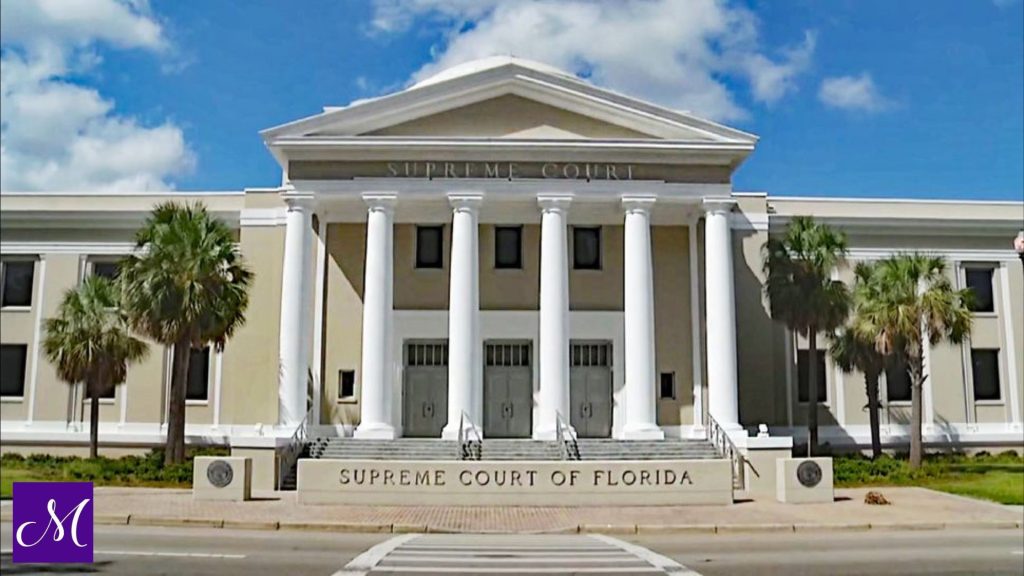Posted on July 11, 2024

In Case No. SC2023-0962, the Florida Supreme Court amended the Florida Rules of Civil Procedure with big changes to take effect on January 1, 2025. The Supreme Court made these amendments as part of its ongoing efforts to “promote the fair and timely resolution of civil cases.” Interested parties may provide public comment through August 6, 2024. The current civil rules can be found here, and the changes can be found here. A summary of the changes is below:
Each civil case is required to be assigned to one of three case management tracks: complex, general, or streamlined, within 120 days after an action commences, as provided by Rule 1.050. Under this rewritten rule, the chief judge of each circuit must enter an administrative order setting for case management requirements for each track. The Florida Supreme Court intended this change to allow each circuit to tailor the process to the needs of the individual circuit.
If a case is streamlined or general, the court must issue a case management order that lists a projected or actual trial period and it must include at least eight specific deadlines, all of which must comply with Florida Rule of Judicial Administration 2.250(a)(1)(B).
The deadlines in these case management orders are to be “strictly enforced,” though the courts may permit parties to submit an agreed order to extend a deadline if the extension does not affect the ability to comply with the other dates set forth in the order. The rule refers parties to Rule 1.460 for modifications of trial periods.
Rule 1.200 permits a court to set a case management conference at any time on its own notice, or a party may notice a case management conference. If the party sets the conference, the party must list the issues to be address within the hearing notice and must list all pending motions. The court may, with reasonable notice to the parties, address any pending motions other than motions for summary judgment or those requiring evidentiary hearings. If a party fails to appear at a case management conference, the court may dismiss an action, strike the pleadings, limit proof or witnesses, or take other actions as deemed appropriate.
Of the three designated civil tracks, complex cases will proceed under Rule 1.201. The trial court may, but is not required to, hold a hearing to decide whether a case should be designated as complex. Within 60 days from the date of an order declaring the case complex, the court must hold an initial case management conference. At least 20 days prior to this initial case management conference, attorneys for the parties and those proceeding pro se shall prepare a joint statement of the case as described by the Rule. Note there are certain attendance requirements for this initial case management conference, too. Under Rule 1.201, the parties have the ability, and are, in fact, required to advise the court if a case management conference or hearing time should become unnecessary. Finally, this rule expressly states that motions for continuances of trial are governed by Rule 1.460.
Per the amendments, the scope of discovery will now mirror the language of Federal Rule of Civil Procedure 26(b)(1), which states that discovery should be “proportional to the needs of the case.” The amended rule also now requires certain discovery disclosures within 60 days after service of the complaint or joinder, unless otherwise stated by court order. Lastly, this amended rule now imposes on the parties a duty to supplement their discovery responses.
Previously, an action had to be “at issue” prior to setting a trial. Now, “[t]he failure of the pleadings to be closed will not preclude the court from setting a case for trial.” Additionally, the rule now requires the court to enter an order setting the trial period 45 days before the trial by case management order.
The Florida Supreme Court means business when it comes to the efficient resolution of civil cases. Therefore, amended Rule 1.460 now expressly states that “[m]otions to continue trial are disfavored and should rarely be granted and then only upon good cause shown.” The Rule states specific requirements for what must be included in a motion for continuance of trial, such as the basis for the need, whether the motion is opposed, and more. If the motion to continue is based upon delay attributable to an attorney or named party, the court may impose sanctions.